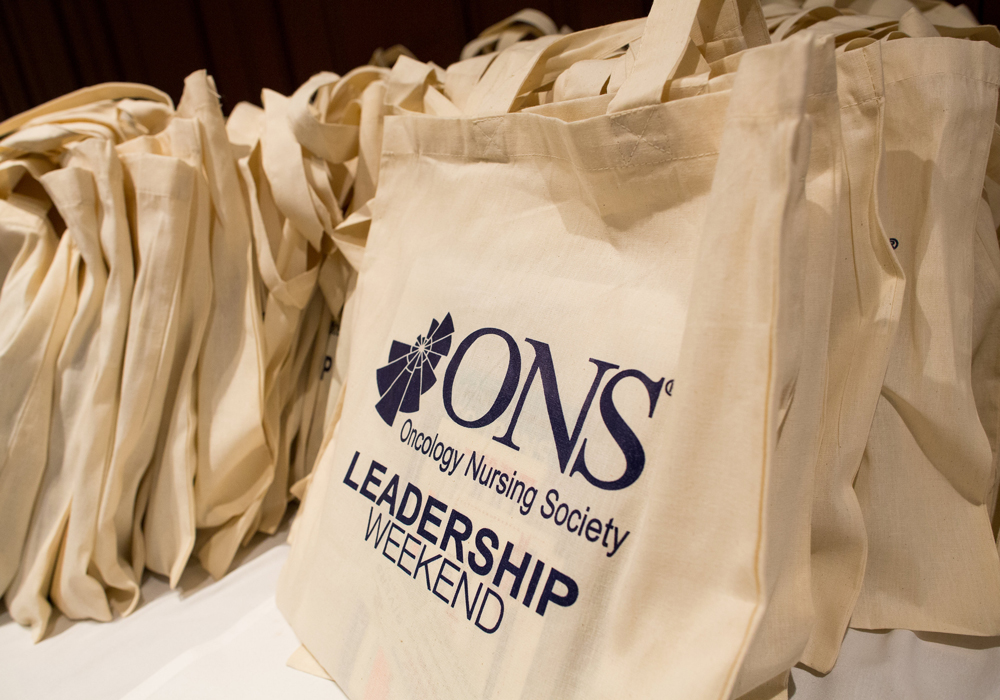
The annual ONS Leadership Weekend brings together the boards of ONS, ONS Foundation (ONSF), and the Oncology Nursing Certification Corporation (ONCC); the ONS Leadership Development Committee; the ONCC committee chairs; and leadership representatives from all of our chapters.
Many national office staff join in the planning and activities too. The weekend is a valued, traditional investment in volunteer leaders at the local and national levels. In one session during this year’s meeting in July 2017, the questions that were asked indicated to me that understanding ONS and the roles and responsibilities of the various groups in the ONS enterprise could be helpful.
How the ONS Enterprise Organizations Operate
ONS is a professional membership association whose mission faces both patients through quality cancer care and you through excellence in oncology nursing. Legally, ONS is a 501(c)(6) nonprofit, which means that our net earnings do not go to shareholders. We can engage in political activity, including lobbying. Like ONS, ONCC is a 501(c)(6). However, ONSF is a 501(c)(3) organization, and your donations to it are tax deductible. ONSF cannot engage in political campaign activity. Although ONS helped launch ONCC more than 30 years ago, ONCC is an independent organization connected to ONS through a management agreement. ONS also launched ONSF but has status as the sole member of ONSF, which means the ONS Board has oversight for and works closely with the ONSF Board.
All three organizations have a board of directors. The responsibilities of the boards are the same, although each organization has its own mission: determining the mission and vision, strategic planning, monitoring programs and services, stewarding the organization’s fiscal resources, ensuring legal and ethical integrity, advocating for the organization’s mission, building a competent board, and participating in the selection and evaluation of the chief executive officer. Many documents outline the structure and processes of each board: bylaws, role descriptions, policy and procedures that apply to all boards, policy and procedures unique to each board, and descriptions of board-appointed committees.
How the ONS Chapters Operate
Chapters are unincorporated entities of ONS and represent ONS at the local level. They are accountable to the national organization for specific responsibilities, such as annual reports and financial reports. ONS provides services to the chapters such as filing annual Internal Revenue Service-required documents, having insurance coverage should fraud or theft occur, and providing programs in a box. In the early development of chapters, a chapter task force identified the requirements to be chartered as a chapter, such as minimum number of members (25) and specific officer and director positions that had to be filled. Back then, chapters recruited members and set membership dues. Several years ago, ONS moved to a universal chapter membership based on zip codes with a standardized chapter fee paid with national dues. Those dues are transferred to the chapter.
Some of the challenges that chapter leaders expressed at Leadership Weekend have been considered by the recent Chapter Task Force, and the Board is evaluating recommendations on how to improve the chapter experience. Chapter leaders have responsibilities like our national boards: stewardship of the chapter’s fiscal resources, ensuring legal and ethical integrity, advocating for the ONS mission, and building a competent board. They also have an operational role to develop and implement programs and projects, reinvesting in their members.






